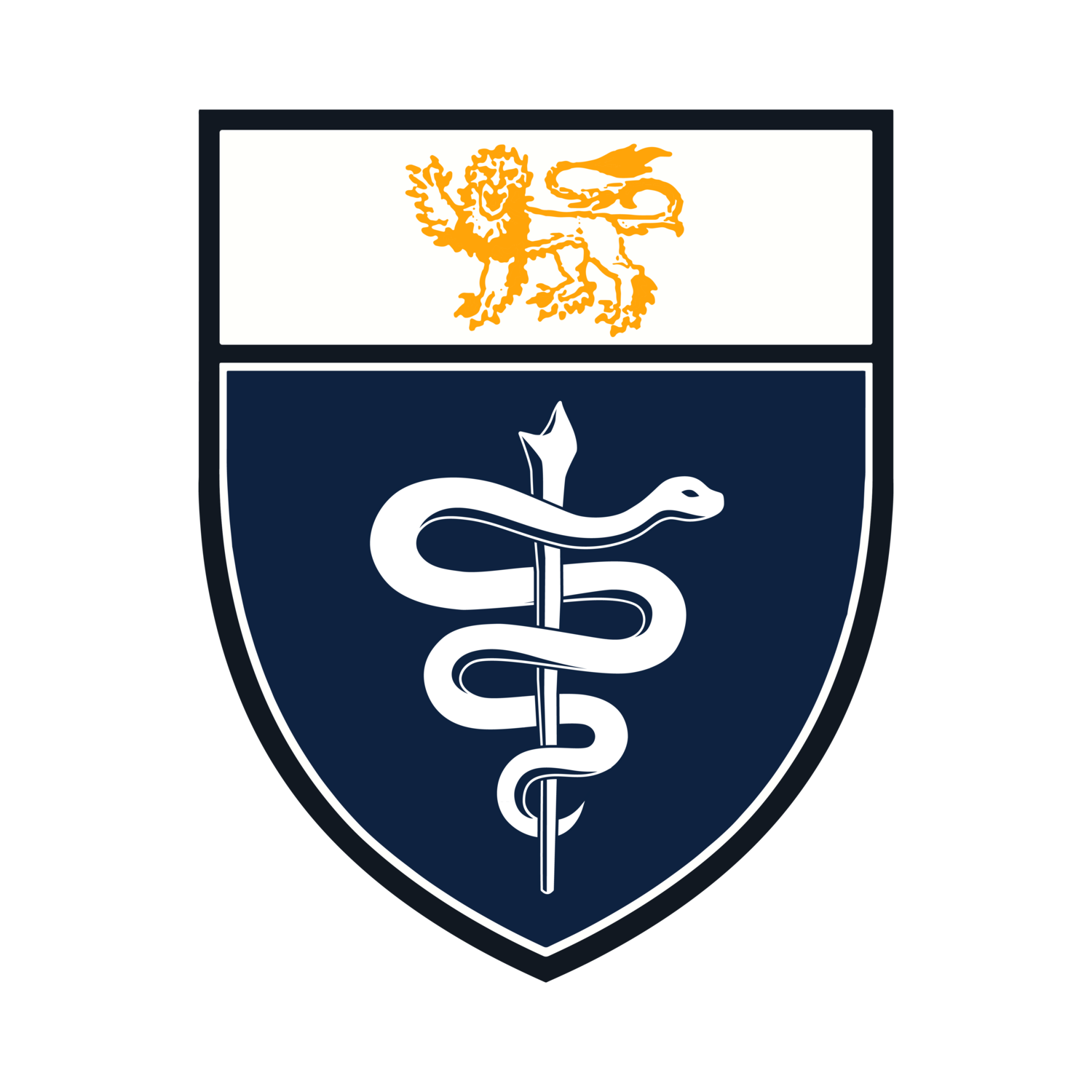With the dawn of a new year, the time has come for us to refresh and start anew. As part of Career Directorate’s aim to promote work-life balance and self-care, here are some books that allow us to reflect and focus on our own well-being, and help us become better doctors. All of these books are also applicable for meaningful reading even after we have graduated and become practicing doctors.
1. When Breath Becomes Air by Paul Kalanthi
Why you should read this: This book follows Paul Kalanthi, who is diagnosed with terminal lung cancer at the age of thirty-six and in his final year of neurosurgery residency. Having to transition from doctor to patient, he approaches the issues related to death with grace, posing thought-provoking questions about the meaning of life. As medical students and future doctors, we can learn from how he tried to live each day to the best of his ability, and the importance of the patient-doctor relationship. We also learn the importance of explaining illness and death to our future patients, and how morality is important in our practice of medicine as well.
2. In Shock by Rana Awdish
Why you should read this: This is a first-person account of how Dr Rana Awdish finds herself becoming a patient fighting for her life in a span of a night after developing HELLP syndrome. During her months-long ordeal, she faces disconnect and indifference from her fellow doctors who are involved in her care, illuminating the mistakes doctors frequently make. Rather than merely treating patients, she reminds us that doctors should embrace connecting with patients. Her discoveries will help you shed light on the importance of kindness, support and communication in our interactions with patients.
3. The Upside of Stress by Kelly McGonigal
Why you should read this: It is common knowledge that medical school is stressful, and I think all of us can easily recall a time when we were drowning in our stress, to the extent that it affected our daily lives. That is why it is so important for us to learn how to deal with it. There are many methods frequently cited to get rid of stress, ranging from meditation to exercise, but as this book writes, it is also possible to embrace stress. Kelly McGonigal, PhD, turns the conventional wisdom of stress being harmful on its head and teaches us how to use stress to our benefit, rather than getting overwhelmed by it.
4. Why We Sleep by Matthew Walker
Why you should read this: As medical students, we frequently have to pull all-nighters to get our work done, and we hear of legends who manage to survive on a mere 3 hours of sleep each night. Some of us may suffer from insomnia as well. Yet, as author Matthew Walker PhD writes, all of this may be detrimental to our well-being. In his book, he sheds light on the importance of sleep to various functions, ranging from improving our learning and mood to hormone regulation, and teaches us how we can make use of sleep to achieve the above benefits.
5. The Daily Stoic by Ryan Holiday and Stephen Hanselman
Why you should read this: This book provides 366 quotations and life lessons on living a better life from famous philosophers, which lends itself well to daily reading and reflection, making it a good way to unwind at the end of a long and stressful day. As we slow down and reflect on the words of those who have lived before us, we can learn how we can live a better life and improve our own mental well-being over the course of the year.
6. Ikigai by Hector Garcia and Francesc Miralles
Why you should read this: This book introduces the Japanese concept of ikigai -- the satisfaction of living a meaningful life -- through interviews with residents of a Japanese village with the highest percentage of 100-year-olds. We learn about their sense of gratitude, peace and joy, and how to incorporate these into our own lives to find our own satisfaction. The tips here are highly applicable whenever we feel burnt out or lose sight of what is truly important -- finding meaning in our careers, even when the going gets tough and we think we can find none.

